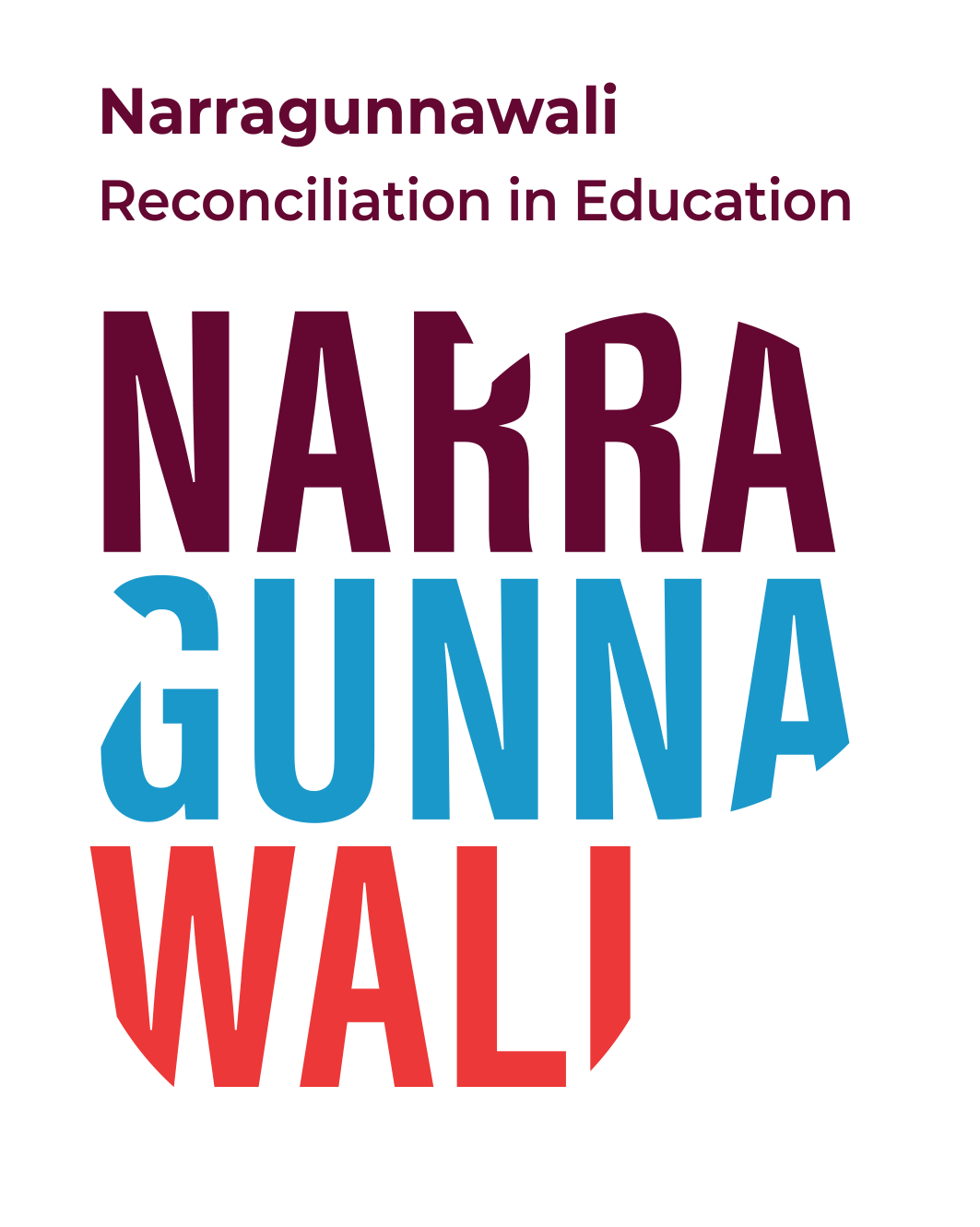Teacher Feature – Esma Livermore, Senior Officer RAP Community, Narragunnawali
You may have received an email, a phone call or been lucky enough to have Esma as a presenter in a workshop, but Reconciliation Australia and the Narragunnawali team feel fortunate to have Esma Livermore as a colleague to walk with us every day. Esma is a proud Bigambul woman born and raised in Inverell NSW, now living on Ngunnawal and Ngambri Country. She is a proud mum of four, a talented artist and a strong woman who loves connecting and reconnecting with Country. We took the opportunity to ask Esma some questions about reconciliation in education and how she sees her role in it. She also offers some advice for schools and early learning services that are thinking about applying for the Narragunnawali Awards 2021.
What got you into working for Reconciliation Australia and the Narragunnawali program?
Over the last 26 years I have worked in the educational space, supporting schools, early learning services, Aboriginal and Torres Strait Islander students, families and community to build relationships that help improvethe educational opportunities for Aboriginal and Torres Strait Islander students.
I continue to be actively involved in the Local Aboriginal Education Consultative Group and am currently the president.
I have been with the Narragunnawali team at Reconciliation Australia for five years now and I love the work that we do. I love seeing the work towards reconciliation that schools and early learning services are achieving assisted by the resources on the Narragunnawali platform, and the help and support that we as a team provide each week. Not because we need to, but because we want to.
You have played a major role in the Narragunnawali Awards since 2017. What has been the most exciting thing you have seen since they began?
When I first started in the Narragunnawali team five years ago, we were receiving maybe 6 to 10 RAPs a week to review, but now we are receiving around 40 to 50 RAPs a week. And when we first started seeing the rise in the engagement of schools and early learning services we noticed that a lot of them were already going above and beyond with their reconciliation initiatives.
Schools and early learning services at most times do not get the recognition for the work that they do in this space, nor do they believe that what they are doing is anything special. The Narragunnawali Awards allow for these achievements to be recognised, celebrated, and shared.
We need it to be recognised so that schools and early learning services understand that their implementation of reconciliation initiatives has strong lasting effects on children, families and communities walking in and out of their institutions. It leaves an imprint on their minds that makes them look and question others when they don’t see it in other institutions.
It is exciting to see not only the growth in the Narragunnawali Awards, but that schools and early learning services are applying for the Awards because they want to make reconciliation everyone’s business.
What should schools and early learning services be thinking about this year when applying for the Awards?
Your RAP is important when applying for the Awards. It can be used as a guide in writing your application and responding to the questions. If you haven’t yet developed a RAP, but you’re already making strides toward reconciliation, developing a RAP is a great way to capture some of these initiatives. Everything that you have done, or planning to do can be captured in the Actions/Goals and Deliverables.
If you’re thinking of applying for the Awards think about:
- Have you got a RAP or do you need to develop one?
- Is your RAP published on the Who has a RAP map?
- Have you captured the detail of your reconciliation initiatives in your RAP? Are your Actions, Goals and Deliverables up to date?
- Have you set reasonable timeframes for RAP Actions?
- Which of your initiatives best reflect relationships, respect and opportunities?
- How are your relationship/s with Aboriginal and Torres Strait Islander families and communities, are they still strong even through COVID?
- Are all staff, families and community aware of your RAP?
- What reconciliation initiatives did we undertake in 2020 that are unique to your school/early learning service, community and location?
I only say this, because I think it is important that you remember that your RAP is a plan. A plan towards reconciliation, but that will also become a record of what it is that you have been doing and what you are wanting to achieve.
It is not a tick-a-box document, but a map of where you want to go.


